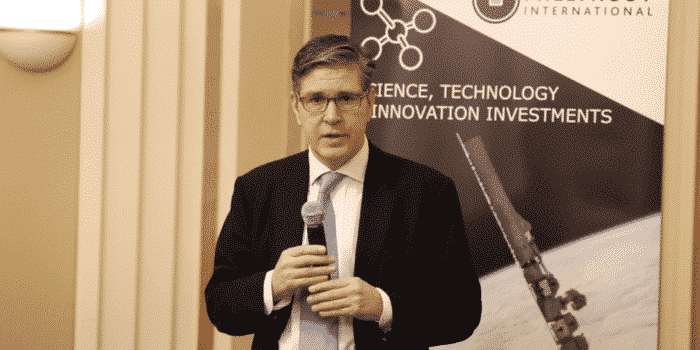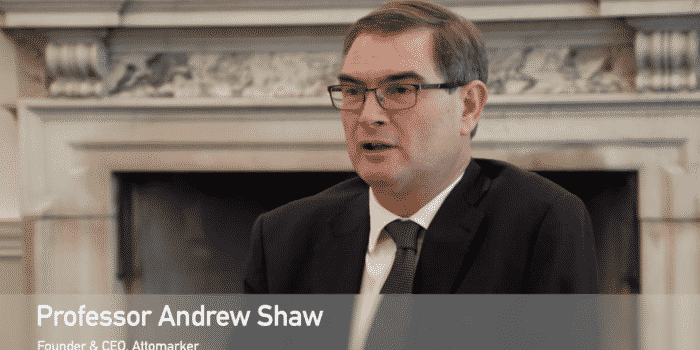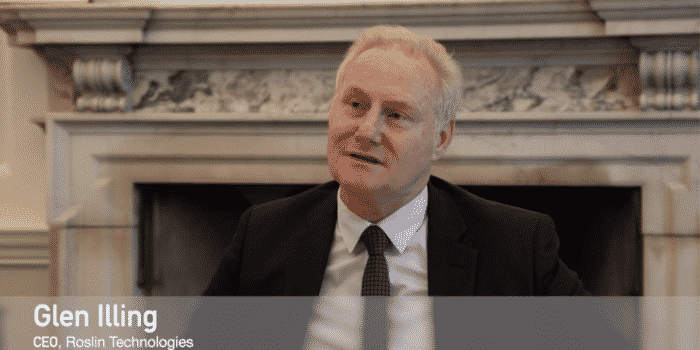The Covid-19 pandemic is now responsible for more than 1.9 million deaths, according to data from the Center for Systems Science and Engineering at Johns Hopkins University (at the time of writing). There are a raft of vaccines in various stages of testing and distribution, with initial approval of vaccine candidates for use in the western world at the end of 2020 (Russia has already approved two vaccines for its own use).
Despite the rollout of vaccines, rapid largescale testing – and isolating those infected – will continue to be key to mitigating the spread of the virus until a significant proportion of the global population is vaccinated. U.K.-based Attomarker – a spinout from the University of Exeter – has been developing a handheld device that can give an indication of the presence of a disease or virus within just seven minutes with a single pin prick of blood or saliva sample. That development work pre-dates Covid-19, but the firm’s leadership has been invited to Porton Down, where the U.K. Government’s Ministry of Defence has a science laboratory, to work on a saliva-based test, which is Covid-19 specific. The firm is a portfolio company of the British Innovation Fund (BIF), a venture capital fund which invests in U.K.-based university spinouts.
The BIF launched in 2016 and its first investment was in Roslin Technologies, a spinout from the University of Edinburgh. Griff Williams, CIO at Milltrust Agricultural Investments, the investment adviser to the British Innovation Fund, says that the university spinout ecosystem in the U.K. offers many attractive opportunities.
“It’s still an emerging industry,” he said. “There are the likes of Oxford Sciences Innovation and Cambridge Innovation Capital, but those firms work mainly with their affiliated universities. The rest of the U.K.’s Universities don’t have that kind of support.”
Milltrust has secured commitments from pension funds and university endowments for the British Innovation Fund but part of the reason that the U.K.’s university spinout ecosystem has been slow moving is because not all asset owners can access these opportunities. The way that institutional investors like pension funds allocate their capital is part of the challenge, according to Williams.
“Pension funds’ in-house teams tends to be quite small and so they focus their efforts on mainstream asset classes. When it comes to venture, they rely heavily on the fund managers they allocate capital to, and if those managers aren’t investing in spinouts then they won’t get exposure to them,” he said.
The BIF likes to be the cornerstone investor when it makes a commitment because it makes more sense for them from a valuation perspective.
As the investment teams aren’t trained scientists, they engage outside experts at every stage of the deal process, from initial screening of the idea to see if it has a commercial future to second opinions on the actual science of the opportunity. Since the launch in 2016, the BIF has become more focused in terms of the industries that it looks for opportunities in.
“We launched as more of a generalist university spinout seeder. We took a look at opportunities in many different industries. But it became apparent that our skill lies in animal science, animal health and human health. We do have legacy exposure to some investments not directly related to those three industries, but we’ve been and will continue to focus on these main areas going forward,” said Williams.
BIF naturally has high hopes for Attomarker, particularly if it gets a rapid Covid-19 detection testing product to market. The fund is also invested in Vaccitech, the manufacturer of the ChAdOx1 Covid-19 vaccination candidate, which AstraZeneca is supporting. If both of these products hit a ‘home run’, then, unlike other venture capital funds, the BIF won’t be touting an IRR-busting vintage year because the fund is open-ended, unlike the majority of venture capital funds which use a closed-ended fund structure. The genesis of the decision to use the ICAV structure is rooted in Williams’ agricultural background, where a typical closed-end fund is too short in duration. The structure also enables the BIF to avoid the need to be a forced seller.
Williams doesn’t want a broad portfolio of companies in the BIF – “every allocation in the fund needs to be a significant contributor to the performance of the fund,” he said – so he expects to only do 10-15 investments in the next 2-3 years. Those investments will be focused on the U.K. – the title of the fund gives the focus away – but Milltrust won’t be looking to raise other funds to focus on other countries or regions.
“We don’t have any intention to expand beyond the U.K.,” he said. “We’ve done lots of groundwork in the past few years and now deals are starting to come to us from Universities that aren’t as high profile as, say, Oxford or Cambridge. These deals have some great ideas, and the valuations tend to be more attractive as well. There is ample opportunity for the BIF to grow and produce strong returns in the medium to long term.“




